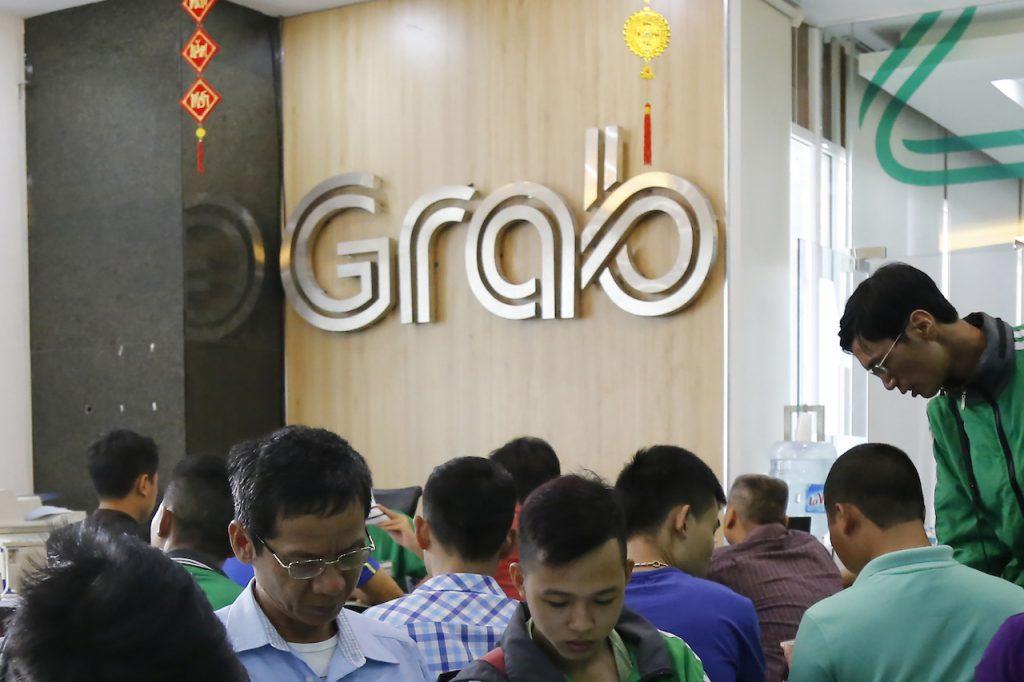Grab’s third quarter takes a hit from virus curbs
Grab's mobility business brought in US$88 million in revenue, down 26% from a year earlier, while sales at its deliveries unit rose 58%.
Southeast Asia’s largest ride-hailing and food delivery firm Grab Holdings Inc on Thursday reported a 9% decline in third-quarter revenue, as its mobility business was hit by coronavirus curbs in some countries in the region.
Fresh outbreaks in Southeast Asia hit Grab’s mobility unit that fell behind its deliveries business, its largest by billings. Its mobility business brought in US$88 million in revenue, down 26% from a year earlier, while sales at its deliveries unit rose 58%.
“Mobility and food delivery services were suspended in Vietnam for most of Q3, and six of our core countries in which we operate experienced tighter movement controls,” said chief financial officer Peter Oey.
Grab is also seeing rising competition in the space from other “super apps” that provide a host of services under one app like Gojek in Indonesia.
Singapore-based Grab, which clinched a US$40 billion merger with blank check firm Altimeter Growth Corp in April, the biggest of its kind, is nearing its US listing.
Founded in 2012 as a regional taxi app in Malaysia, the SoftBank Group-backed company operates a “super app”, which provide ride-hailing, food and grocery delivery, mobile banking and payments in over 400 cities in eight countries in Southeast Asia.
The company’s adjusted loss before interest, taxes, depreciation, and amortisation widened 66% to $212 million.
Total revenue fell to US$157 million for the quarter ended Sept 30, from US$172 million a year earlier.
Subscribe to our newsletter
To be updated with all the latest news and analyses daily.
